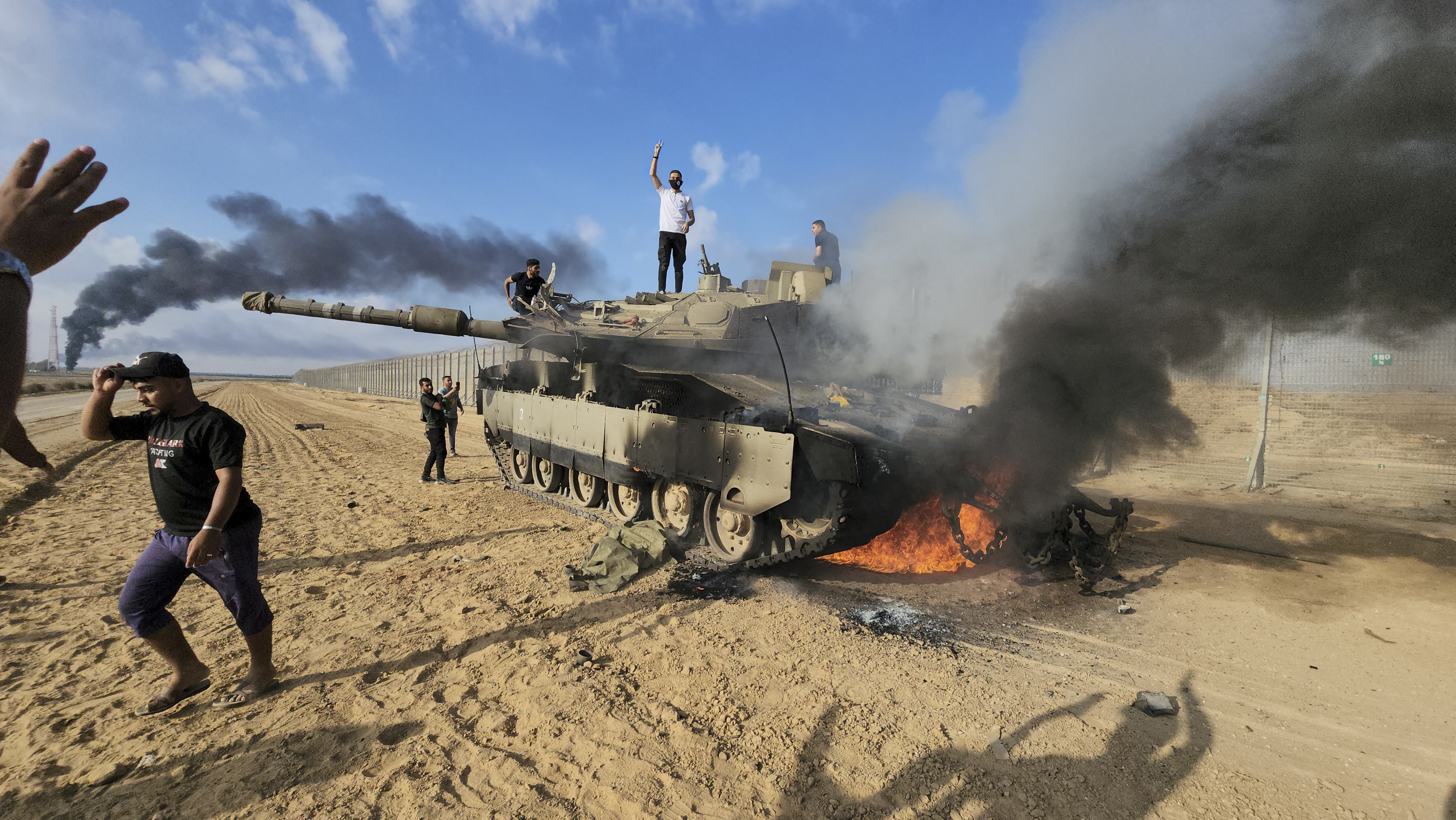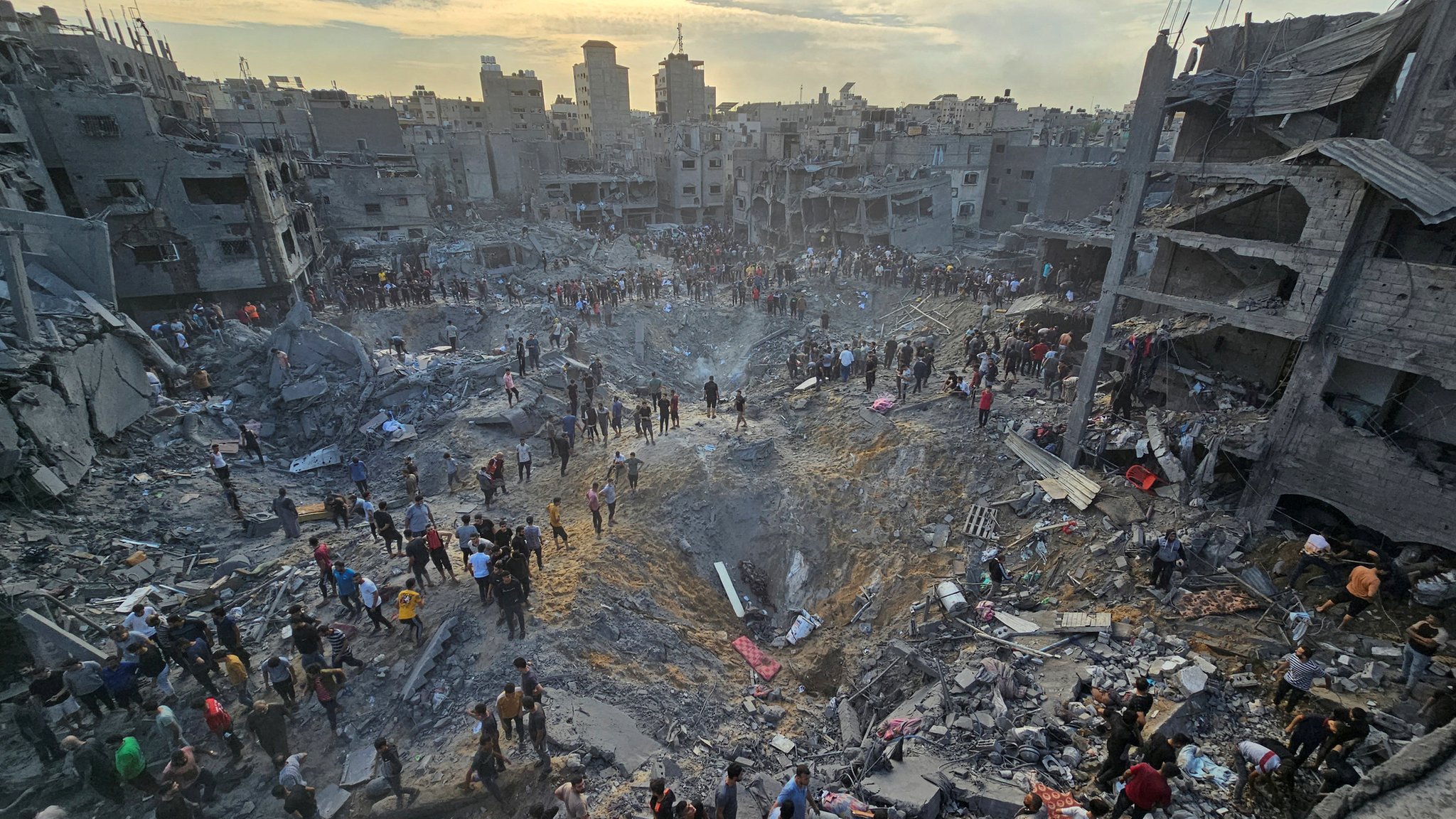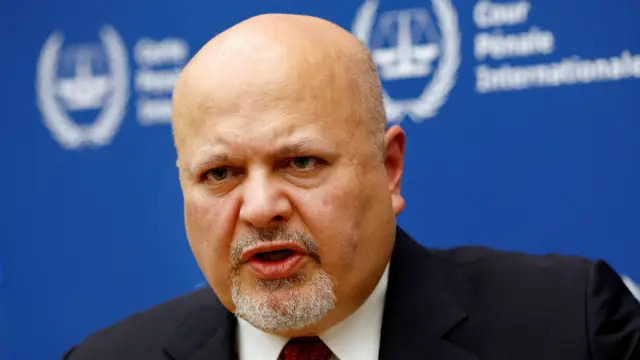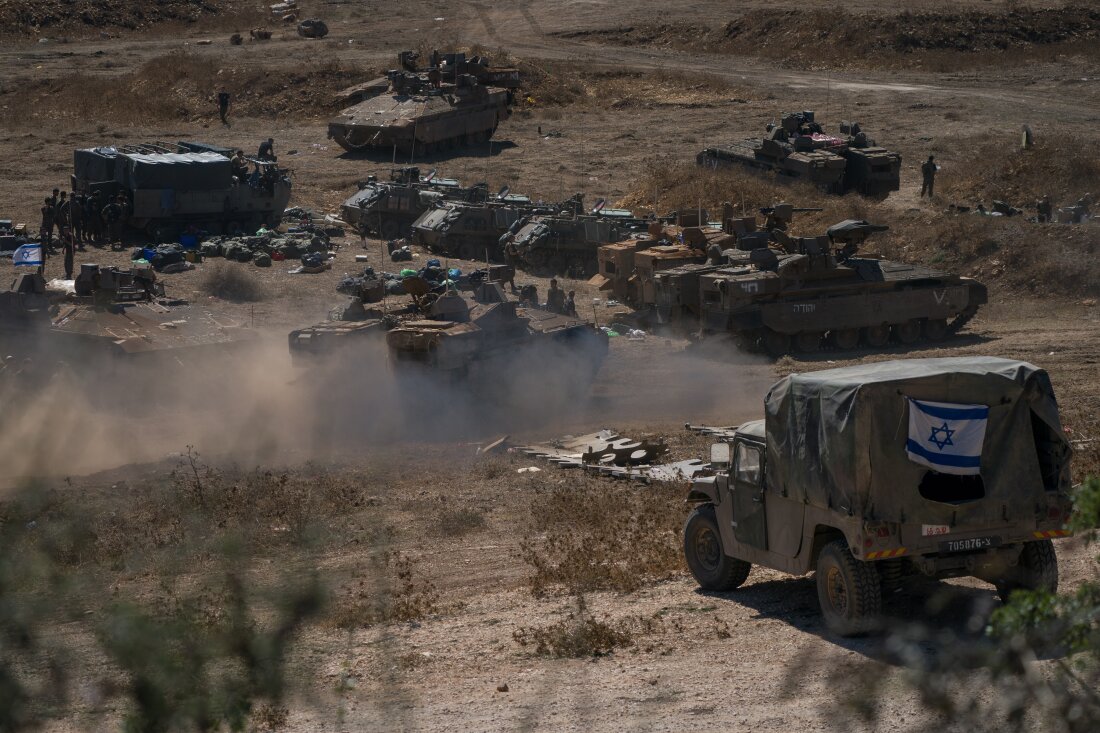
- It is a year since the attacks of 7 October in Hamas took place. Since then, Israel has destroyed Gaza and the war is slowly spreading to neighbouring countries. In this chronology we will review the most important events of this year.

7 October. Hamas began operation Al Aqsa Floods. He is charged with the kidnapping of 252 people and the death of 1,163 people at the hands of their partners. It was later learned that the Israeli military killed many Israeli citizens with the implementation of the Hannibal directive by firing from military helicopters.
8 October. Since the Yom Kipur war (1973), Israel declared a state of war for the first time. Massive bombardment of Gaza City began in Gaza.
9 October. Tel Aviv began operation Iron Swords with 300,000 reservists mobilized.
13 October. The Israeli Army gave a 24-hour period to one million Palestinian civilians to evacuate northern Gaza.
17 October. At Al-Ahli Hospital, a bombing killing of 471 people and 342 resulted in injuries of various kinds. Hundreds of homeless families were housed there. In the face of international outrage, Israel stated that it was not him, but that it was a rocket of Palestinian resistance that destroyed the building and spread several videos that showed that they were subsequently manipulated. The Ministry of Health of the Gaza Strip noted that the author was undoubtedly Israel.

27 October. Israel launched a land offensive against Gaza.
31 October. The bombing of the refugee area in Jabalia caused 195 deaths and nearly 800 injuries in Israel. On the same day, the destruction of a housing block resulted in the deaths of 106 people, including 54 children. The NGO Human Rights Watch said there was no evidence that there was any military target in the building.

24 November. Catar, the United States and Egypt managed to reach the truce. HAMAS has released 110 Israeli hostages in exchange for 210 Palestinian prisoners serving sentences in Palestine. The Israelis stated that they had been treated fairly and that the Palestinians, for their part, had been subjected to torture.
8 December. The United States exercised the right of veto for the first time since 7 October to prevent the UN Security Council from adopting a resolution in the Gaza Strip calling for an "immediate humanitarian cease-fire".
29 December. South Africa asked the International Court of Justice (ICTY) to suspend Israel ' s activity. He accused the Israeli Armed Forces of committing genocide and violating the 1948 United Nations Convention.
2024
14 January. According to the World Health Organization (WHO), Israel killed 24,000 Palestinian civilians and caused some 90,000 injuries of various kinds. The displaced in Palestine, for their part, already amount to 1.9 million. As far as Israel is concerned, Hamas still had 136 hostages and 188 soldiers lost their lives in combat operations.
26 January. The International Court of Justice (ICJ) issued its first judgment a month earlier on South Africa’s complaint and concluded that Israel was at risk of genocide in Gaza.
29 February. At least 118 Palestinians died and 760 were injured in the "Irina massacre", when Israeli soldiers fired at citizens seeking food to the trucks in Gaza City. The day before, the World Food Programme (WFP) reported that over half a million Palestinians were at extreme risk of famine.

25 March. Of the 15 members of the UN Security Council, 14 voted in favour of an immediate ceasefire in Gaza. The United States abstained and refused to exercise the right of veto to protect Israel.
13 April. During the night, Iran launched some 300 drones and assault missiles at Israeli military facilities, in an attack that had already been warned. With the help of several international countries, including France and Jordan, the Israeli air defence captured almost all the missiles contained in the aircraft.
20 May. Chief Prosecutor of the International Criminal Court, Karim Khan, requested that Israeli Prime Minister Netanyahu and Israeli Defense Minister Yoav Galant issue an arrest warrant for war crimes. Among them, they were charged with crimes of "intentional homicide" and "massacre and/or murder, including that of starving civilians". The arrest warrant against three Hamas leaders, including Hamas leader in the Gaza Strip, Yahya Sinwar, for alleged crimes of "extermination", "sexual violence", "kidnapping of people" and "cruel acts in captivity".

24 May. The International Criminal Court (ICC) ordered Israel to put an immediate end to the invasion of Rafah.
28 May. Ireland, Norway and the Spanish State officially recognized the State of Palestine.
6 July. Following the bombing of an UNRWA school, Israel killed 16 Palestinians and injured 75 in the Nuseirat refugee camp.
8 de julio.La magazine The Lancet calculated in Gaza the number of deaths that Israelis could cause: nearly 200,000 people.
24 July. Great ovation of Netanyahu at the United States Congress. Protests by thousands of people on the street during the night.
Laideur: Benyamin Netanyahu applaudi au Congrès américain le 24 juillet 2024, après 9 mois de bombardements meurtriers dans la bande Gaza.
— The Substantifique Moelle (@Stop5.6) Ocber 1, 2024
Lien vers la vidéo intégrale: https://t.co/yJYptY5cRf pic.twitter.com/yIDd3SRUaq
29 July. The WHO said that in Gaza it was "very likely" that there would be an epidemic of plague in Palestinian territory. UNRWA had about 40,000 cases of hepatitis A since 7 October.
30 July. Israel re-exported the conflict to Lebanon, killing Hezbollah commander Fuad Shukr with a missile.
31 July. Hamas confirmed that its political leader, Ismail Haniya, had been killed by an Israeli bombing in Tehran, Iran, in the north of the country. Ali Jamenei, the Iranian Ayatola, ordered the answer.
6 August. Yahya Sinwar was appointed head of Hamas. Several countries, including France, called on citizens to leave Lebanon as soon as possible for security reasons.
2 September. A general strike in Israel to call for an agreement allowing the release of the hostages. Most of the unions called for the protest of repression to the government in Catalonia. Some 500,000 Israelis mobilized against Netanyahu and called for a cease-fire agreement in eastern Gaza.

17 September. Israel bombed in Lebanon with search engines for people. About twelve deaths, including two children, and 3,000 injured. These are massive and coordinated explosions, carried out indiscriminately by placing explosives in the batteries of search engines.
18 September. Attack on Walkie Talkies in Lebanon. After the shock of the day before, Israel again hit Gaza with 20 deaths and 450 injuries, according to the Lebanese Ministry of Health (G-20).
23 September. Israel bombed southern Lebanon and caused at least 492 deaths and 1,645 injuries in one day. Tens of thousands of Lebanese left their homes and exiled north.
27 September. Hezbollah's leader, Hassan Nasrallah, was shot dead by Israel by missiles in the village of Beirut.
1 October: In the morning, Israel launched an invasion in Lebanon, which was rejected by the rebels. At night, Iran has attacked Israel with hundreds of missiles around the world. The attack has taken place against military bases and energy infrastructures, as reported by the Basque Department of the Interior.
